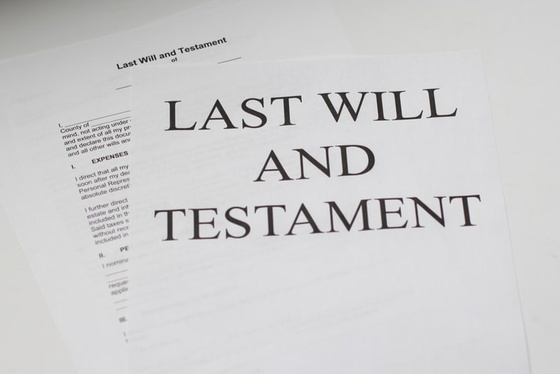
The New Year is often seen as a time for resolutions. In reflecting on what can make a positive difference to ourselves and families reviewing your Will can easily be overlooked.


The New Year is often seen as a time for resolutions. In reflecting on what can make a positive difference to ourselves and families reviewing your Will can easily be overlooked.

In essence, there are three main grounds for disputing the validity of a Will. Firstly, where there is a lack of testamentary or mental capacity to give appropriate instructions. Secondly, where there is a lack of “knowledge and approval of the contents” even if there is sufficient mental capacity. And, thirdly, if there has been undue influence on the testator, or Will-maker, by an overbearing relative or adviser.

A Will can be challenged on a number of grounds, including the validity of the Will itself. One particular ground affecting validity is the lack of knowledge and approval of the contents of the Will. A Court will not grant probate if there is evidence to show that the contents of the Will were not known and approved by the testator or Will-maker.

Estate planning can sometimes be thought of as something for families. Parents usually want to protect what they have accumulated in their lifetimes for their children and find an efficient way of passing on their assets.

A life estate can play a useful role in estate planning. However, there are drawbacks that need careful assessment when considering whether one would be right for you.
For more information or to book a consultation, call us on
02 9281 5088